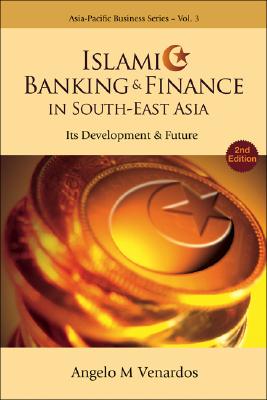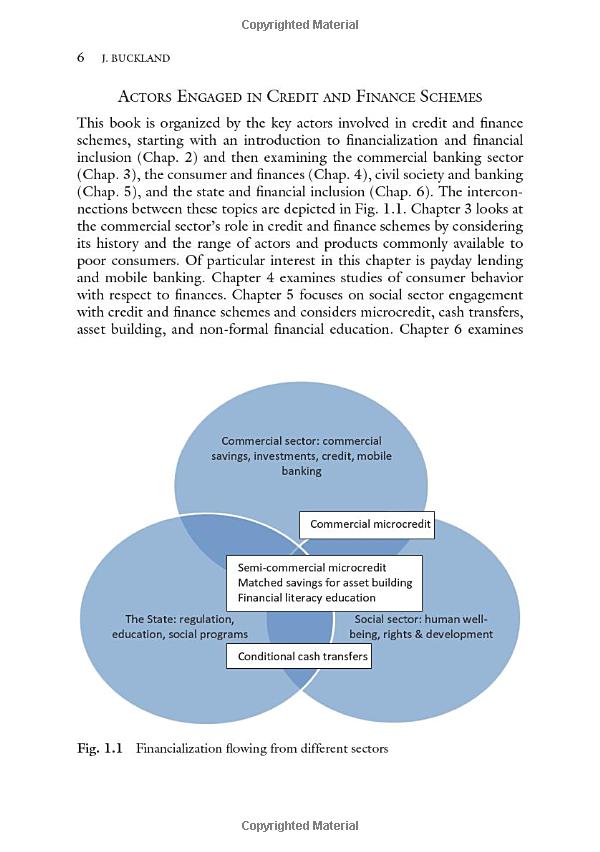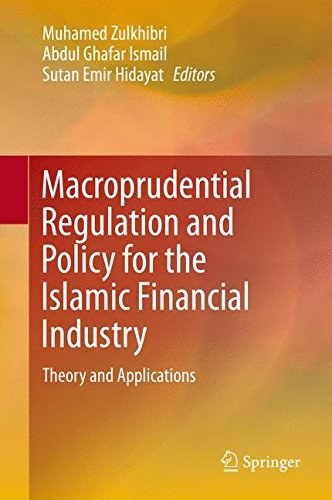Understanding the Islamic Loan System: A Comprehensive Guide to Interest-Free Financing
#### What is the Islamic Loan System?The **Islamic loan system** refers to a unique financial framework that is compliant with Islamic law (Sharia). Unlike……
#### What is the Islamic Loan System?
The **Islamic loan system** refers to a unique financial framework that is compliant with Islamic law (Sharia). Unlike conventional loan systems that rely on interest (riba), the Islamic loan system is structured around profit-sharing and risk-sharing principles. This system aims to promote ethical investing and ensure that financial transactions are conducted in a manner that is fair and just for all parties involved.
#### Key Principles of the Islamic Loan System
The core principles of the **Islamic loan system** include the prohibition of riba (interest), gharar (excessive uncertainty), and haram (forbidden) activities. Instead of charging interest, Islamic financial institutions often engage in profit-sharing arrangements, where the lender and borrower share the risks and rewards of the investment. This creates a partnership-like relationship, fostering mutual benefit and cooperation.
#### Types of Islamic Financing
There are several types of financing methods within the **Islamic loan system**, including:
1. **Murabaha**: This is a cost-plus financing arrangement where the lender purchases an asset and sells it to the borrower at a marked-up price, allowing the borrower to pay in installments.
2. **Mudarabah**: In this profit-sharing model, one party provides the capital while the other provides expertise and management. Profits are shared according to a pre-agreed ratio, while losses are borne by the capital provider.

3. **Musharakah**: This is a joint venture where all partners contribute capital and share profits and losses based on their respective investments.
4. **Ijarah**: Similar to leasing, this involves the lender purchasing an asset and leasing it to the borrower for a specified period, with the option to purchase the asset at the end of the lease.
5. **Sukuk**: Often referred to as Islamic bonds, sukuk are investment certificates that represent a share in an underlying asset, providing returns without infringing on the prohibition of interest.
#### Benefits of the Islamic Loan System
The **Islamic loan system** offers several benefits, including:
- **Ethical Financing**: The system emphasizes ethical investments, ensuring that funds are not used for activities that are harmful or prohibited in Islam, such as gambling or alcohol production.

- **Risk Sharing**: By promoting profit-sharing and risk-sharing arrangements, the Islamic loan system encourages responsible lending and borrowing practices.
- **Financial Inclusion**: The Islamic loan system can provide access to finance for individuals and businesses that may be excluded from traditional banking systems due to their aversion to interest-based loans.
- **Community Development**: Many Islamic financial institutions focus on projects that contribute to community welfare and development, aligning financial goals with social responsibility.
#### Challenges of the Islamic Loan System
Despite its advantages, the **Islamic loan system** also faces challenges, including:
- **Limited Awareness**: Many individuals and businesses may not fully understand the principles and benefits of Islamic finance, leading to misconceptions and reluctance to engage with these financial products.

- **Regulatory Hurdles**: In some regions, the lack of a supportive regulatory framework can hinder the growth of Islamic finance, making it difficult for institutions to operate effectively.
- **Competition with Conventional Banks**: The Islamic loan system often competes with established conventional banks, which may offer more straightforward and less complex financial products.
#### Conclusion
In conclusion, the **Islamic loan system** represents a viable alternative to traditional financing methods, grounded in ethical principles and community welfare. By understanding its core principles, types of financing, and benefits, individuals and businesses can make informed decisions about their financial future. As awareness and understanding of Islamic finance continue to grow, the potential for the **Islamic loan system** to contribute to a more equitable financial landscape becomes increasingly apparent.